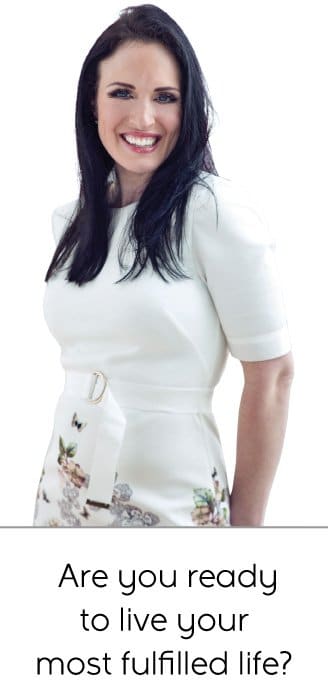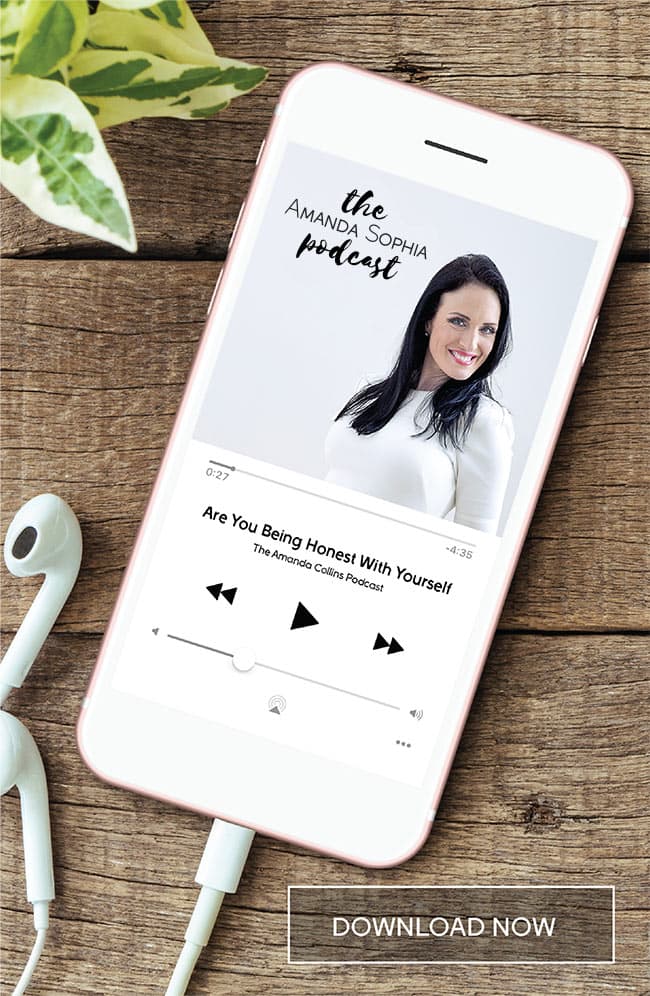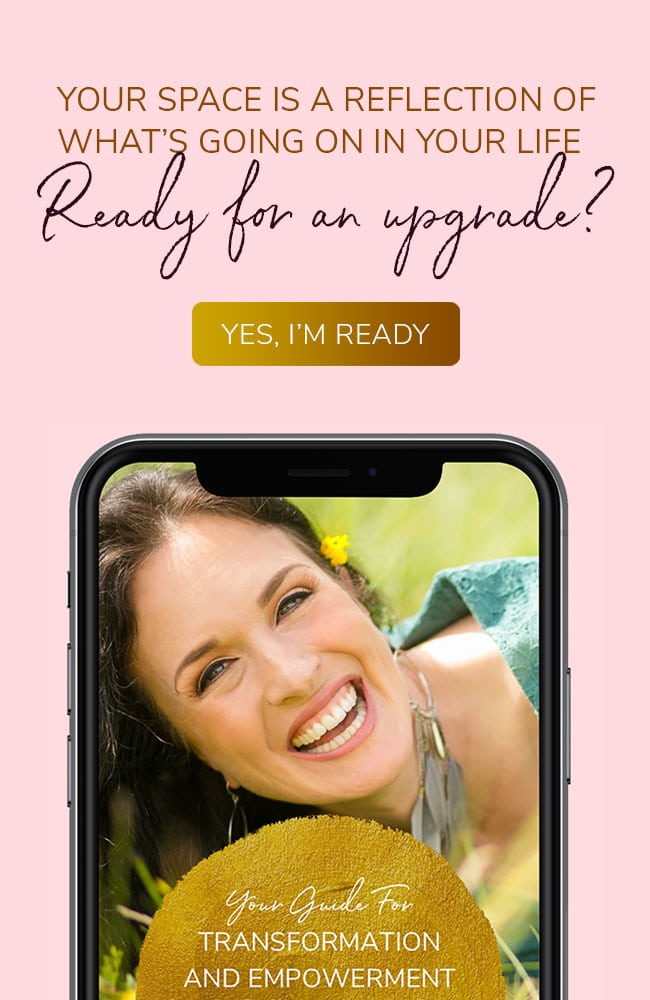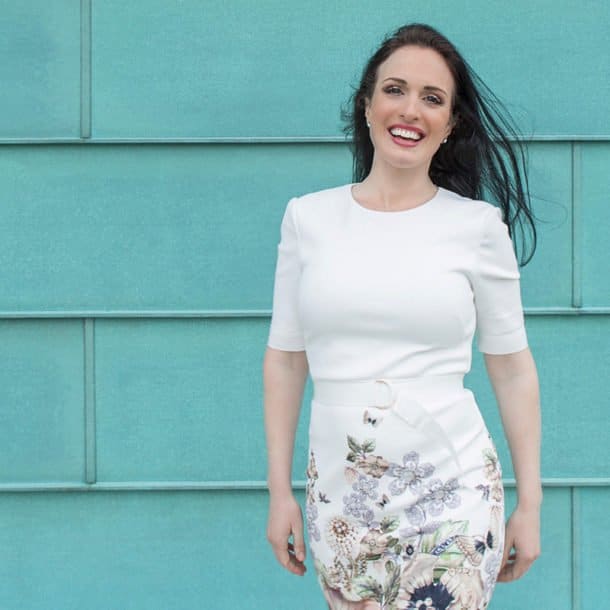You are a good person, beloved. You already have an internal compass within you, so it is time to start trusting yourself. Guilt may show up as a teacher who asks you to look at why you are not trusting yourself and why you punish yourself.
Though guilt can relate to a deep commitment to ethics, it often involves self-sabotage: “I made a mistake, so I am bad and I should suffer.” You may feel guilty for something you did or didn’t do but wanted to do, something you think you did or something you didn’t do enough of.
If it is connected to things in the past, realize it’s normal to wish you could have done more or to wish you had made a different decision. It’s normal to question your decisions or behaviors and healthy if you do so with self-love and self-inquiry, not berating yourself.
Natural guilt is hard-wired into the nervous system, an internal compass helping you to identify unethical behaviour and change course. Destructive guilt is painful and self-punishing and creates a feeling that you are always in the wrong. Objective guilt might be related to social or political actions for which we need to take responsibility and resolve in the present moment, not let fester.
Perhaps, when you were young, guilt was forced upon you by family members, teachers, society or religious structures as a way to control you or guide you to make moral choices. However, now you are an adult, and you know the difference between right and wrong. When you harm someone, it is normal and healthy to feel bad about it, to experience regret, and to wish you could take it back or do something to make the person feel better. What isn’t healthy is to beat yourself up continually.
How to heal and release from guilt:
- Take responsibility for what’s causing this guilt and how to resolve it.
- Focus on the present moment, what you can do right now.
- Change your perception of how you can move forward.
- Forgive yourself.
- Embody that you are a good person by trusting that you will always do your best with the knowledge that you have at this time.
- Be compassionate with yourself when you see guilt taking over. Acknowledge it. Don’t judge yourself. Place your hand on your heart and reassure yourself that you are good.
- Visualize burning and composting your guilt, replacing it with kindness and forgiveness.
- Please write a note on your mirror that you see each day that promises self-forgiveness, the most powerful step you can take to rid yourself of destructive guilt
Listen to your inner voice and how it reacts to what you say and do. Is your voice kind or mean? Is it accepting or critical?
When you can love yourself unconditionally, you can trust yourself unconditionally.
And that builds confidence and self-kindness, so destructive guilt falls away.





